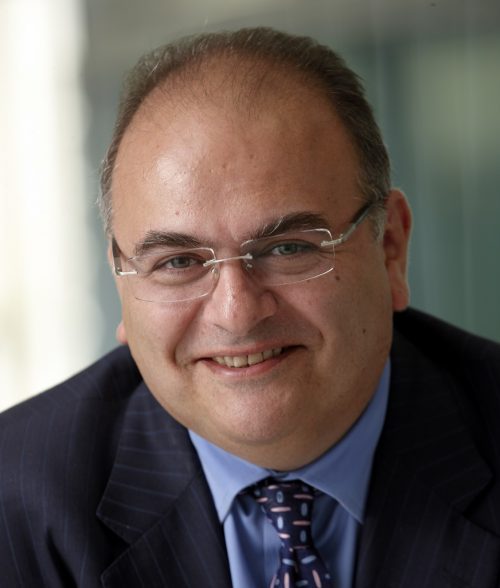It’s been an eventful year for BE Offices. A company rebrand, £9million investment in workspace and the acquisition of four ex-Regus business centres. Having finished the year on a high, what does 2017 hold?

“One of my main highlights this year was our re-branding,” David Saul, Managing Director at BE Offices, told Allwork. “Alongside that was buying four buildings from Regus. They were a pleasure to deal with, and the acquisition allowed us to expand our London coverage into the West End and Docklands for the first time.
“Now we’re going into 2017 with 17 business centres.”
In 2015, BE Offices virtually doubled its net assets and reported a 7% rise in turnover, prompting expectations for record growth in 2016. The company partly attributed London’s strong serviced office market to its positive returns.
“As the industry has matured over the past 20 years, there’s no question about it; serviced offices have become an integral part of business infrastructure,” said David.
“Before, companies had a facilities team with one central headquarters and a number of regional offices. Now, they include serviced offices within their portfolio for flexibility. It’s not just large companies either. In Victoria, we recently agreed space for a government embassy team followed immediately by a one-person startup.”
“From one extreme to the other, in the same building!”
Adding value
While greater awareness and appreciation of the industry has certainly supported BE’s growth, other factors are at play.
“We’ve always had loyal clients, they stay for 3-4 years on average which is longer than most other operators in London. We’re not the cheapest, but we’re the best value for money and we have great service, which has a lot to do with our growth.”
This comes despite a turbulent year in UK politics, including the ‘Brexit’ vote and the departure of the Prime Minister.
“Brexit created a void,” commented David. “We experienced a blip between 23rd June to mid-August. It was a knee-jerk reaction, people didn’t know what to do or how to react.”
“But uncertainty helps our business. It leads to more requirements for total flexibility and short-term agreements.”
Of course BE isn’t the only operator that thrives in the face of adversity. Flexibility has become a cornerstone for post-recession business practices, which has led to a high number of new market entrants and flexible workspace expansions.
“Wacky” design
As such, isn’t the London market becoming a little crowded?
“The reality is, competition is good. It keeps all existing operators like us on our toes,” David explained. “Up until a few years ago, we had blue carpets, beech furniture and old-fashioned offices, because we could get away with it. Not any more!”
“It was a great thing when Lloyd Dorfman bought-out Olly and Charlie, joined the groups together and created The Office Group. It brought design into the office environment. They started to refurbish to high standards, which made us all sit up and take notice. You’ve also got the likes of Giles and Niki [Fuchs] who went wacky with Office Space In Town.”
“We had to up our game.”
“So, we’ve spent £8million in the past 3 years updating our centres and making them more modern, more appealing. Our new centre at Threadneedle Street is the latest example.”
Continue to next page to find out why David believes coworking doesn’t work
















